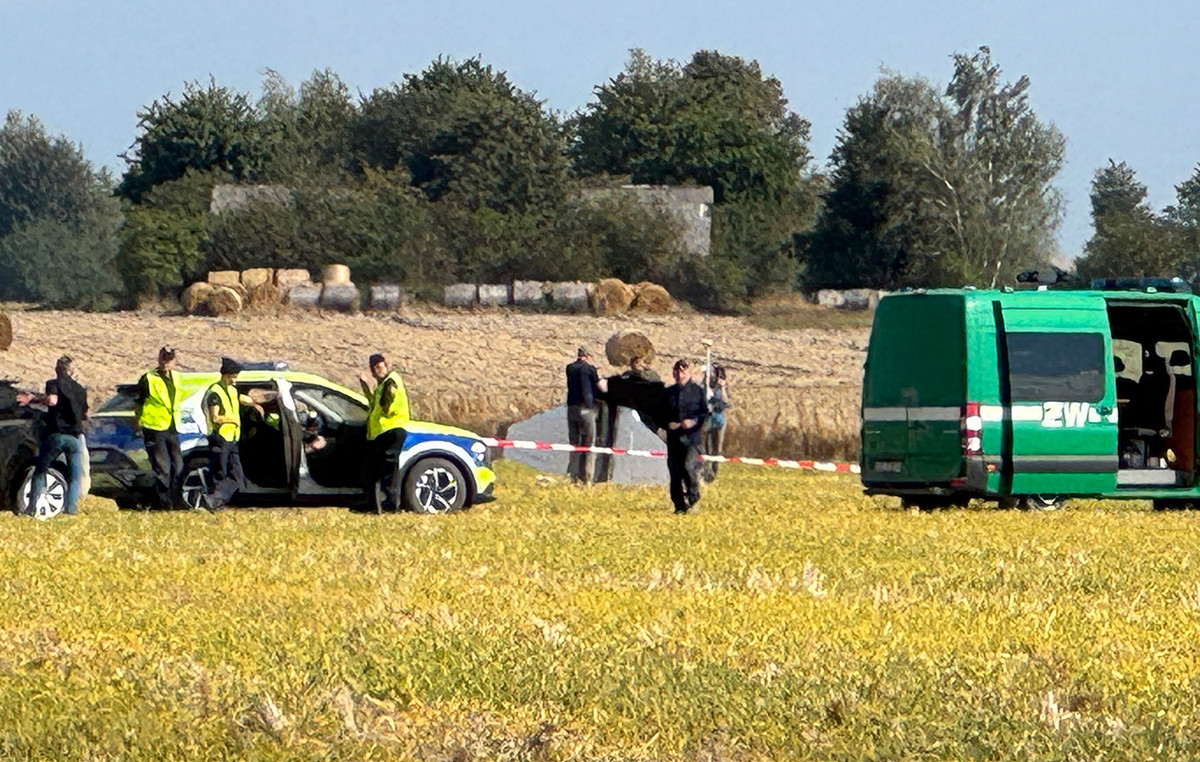Chagas disease, infection caused by the protozoan Trypanosoma cruziis usually transmitted by contact with feces of infected triatomine insects, like the barber, after the sting. However, the The epidemiological profile of the disease in Brazil has shown changes according to the Ministry of Health.
The current context shows the occurrence of acute cases related to transmission involving wild species infected by the parasite and the oral transmission by ingestion of food contaminated, mainly in the Amazon region. There is still a predominance of chronic cases resulting from infection in past decades.
The Ministry of Health estimates that 1.9 to 4.6 million people are infected currently in the country (1 to 2.4% of the population). The information was released at an event held this Wednesday (13), in allusion to the World Day of Chagas Disease, celebrated on April 14.
“Chagas disease can still affect a large population of people, more than 65 million people, especially in Latin American countries, are at risk for this disease. We have already overcome many challenges, we have already improved socioeconomic conditions, but social inequalities still persist, not only the possibility of habitual transmission, but other forms of transmission, such as oral transmission and the congenital issue”, said Health Minister Marcelo Queiroga.
The head of the Unit of Neglected and Vector-borne Tropical Diseases of the Pan American Health Organization, Luis Castellanos, affirmed that the fight against the disease by the countries involves three fundamental pillars: establishing alliances, promoting and supporting research and demonstrating commitment.
“Establishing alliances must be seen within the country and also outside the country, inter-institutional and intergovernmental alliances”, he said.
The president of the Oswaldo Cruz Foundation (Fiocruz), Nísia Trindade Lima, highlighted the importance of timely diagnosis and treatment of the infection. “For Fiocruz, Chagas disease has been a major public health challenge since the beginning of our institution with the incredible scientific discovery of Carlos Chagas”, she said.
Source: CNN Brasil







